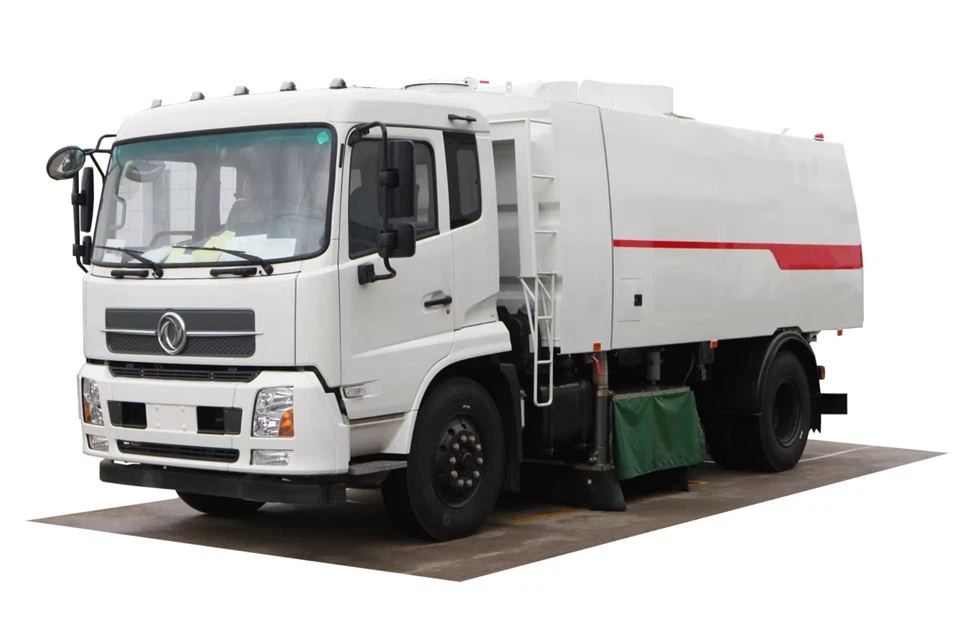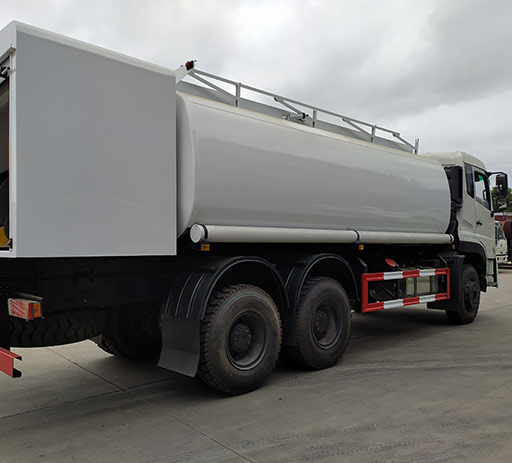Everything You Need to Know About Septic Tank Trucks

In the world of wastewater management, septic tank trucks play a crucial role in maintaining clean and safe environments. Whether you own a property with a septic system or are simply curious about how wastewater is managed, understanding the function and importance of septic tank trucks can be beneficial. This article dives deep into the mechanics, types, uses, and maintenance of these essential vehicles.
What is a Septic Tank Truck?
A septic tank truck is a specialized vehicle designed to pump, transport, and dispose of sewage and waste from septic tanks. These trucks are equipped with large tanks and powerful pumps to handle the demanding task of waste removal efficiently.
The Mechanics of a Septic Tank Truck
Septic tank trucks are built to handle various types of waste efficiently. Here’s a closer look at how they work:
- Tank Composition: The truck features a large storage tank typically made from steel or aluminum.
- Pumping System: A powerful vacuum pump is used to siphon the waste from septic tanks.
- Hoses and Attachments: Utilized for connecting the truck to the septic system, hoses can be as long as necessary to reach the tank.
- Disposal Mechanism: Once the tank is full, the waste is transported to a treatment facility or designated disposal area.
Types of Septic Tank Trucks
Understanding the different types of septic tank trucks can help identify the specific needs based on the scale of waste management required.
Standard Septic Tank Trucks
These trucks are most commonly used for residential and small commercial sites, equipped with a tank capacity ranging from 500 to 3,000 gallons.
Advanced Septic Tank Trucks
These vehicles have enhanced features for larger-scale operations. They may include dual tanks for separating liquids and solids, larger pumps, and can handle more intensive waste. Their capacity can exceed 4,000 gallons.
Specialized Vacuum Trucks
Used mostly in industrial settings, these trucks can pump specific waste types, including grease and sludge. They often require specialized training for operators due to the complexity of the waste they handle.
Common Uses of Septic Tank Trucks
Septic tank trucks serve various purposes across different sectors:
Residential Waste Removal
Homeowners with septic systems need routine pumping to prevent overflow and maintain system efficiency. Septic tank trucks are instrumental in performing this necessary maintenance.
Commercial and Industrial Services
Businesses that utilize septic systems rely on these trucks for regular waste removal, helping to comply with health regulations and prevent system failures.
Emergency Services

Septic tank trucks can also respond to urgent situations, such as tank leaks or overflows. Quick response can prevent environmental contamination and health risks.
How Often Should You Have Your Septic Tank Pumped?
Timing of septic tank pumping depends on several factors:
| Factors | Frequency |
|---|---|
| Household Size | Every 2-5 years |
| Tank Size | Every 3-4 years for larger tanks |
| Usage Patterns | More frequent for larger families and frequent guests |
Choosing the Right Septic Tank Truck Service
Finding a reliable service provider is essential for maintaining your septic system. Here are some steps to follow:
Research and Recommendations
Seek recommendations from neighbors, local authorities, or online reviews to find reputable service providers in your area.
Check Qualifications
Ensure that the service provider has necessary licenses and experience. This can prevent potential issues and ensure safe waste handling.
Compare Rates

Obtain quotes from multiple companies. While price shouldn’t be the only factor, it is a significant consideration when budgeting for routine septic services.
Environmental Considerations of Septic Tank Trucks
Septic tank trucks can contribute significantly to environmental health when used responsibly. Here’s how:

Proper Waste Disposal
Waste should be disposed of at approved treatment facilities to avoid environmental contamination and adhere to local regulations.
Preventing Pollution
Regular maintenance by septic tank trucks can prevent system failures that lead to polluted water sources.
Educating the Public
Service providers often play a role in educating homeowners about best practices for waste management, helping to promote a more sustainable approach.
Tips for Homeowners with Septic Systems
Maintaining a septic system requires awareness and action. Here are some practical tips:
- Avoid Excessive Water Use: Spread out laundry and chores to avoid overloading the septic system.
- Don’t Flush Non-biodegradable Items: This includes wipes, feminine hygiene products, and other items that can clog the system.
- Be Mindful of Chemicals: Harsh chemicals can disrupt the natural bacteria that break down waste in your septic tank.
Frequently Asked Questions (FAQ)
1. How do I know when my septic tank needs to be pumped?
Signs include slow draining sinks, gurgling pipes, or unusually lush patches of grass above the drain field.
2. Can I pump my septic tank myself?
It is not recommended. Professional services are equipped with the necessary tools and knowledge to handle waste safely.
3. What happens if I don’t pump my septic tank?
Failure to pump your septic tank can lead to clogs, system failure, and significant property damage, as well as health risks.
4. How much does it cost to pump a septic tank?
Costs can range from $200 to $500, depending on tank size and location, but it varies by region and service provider.
5. Are there any eco-friendly septic tank services?
Yes, some providers focus on environmentally friendly practices, using biodegradable products and proper waste disposal methods.
6. What should I do in case of a septic emergency?
Contact a septic tank truck service immediately to address leaks, backups, or other emergencies to prevent further damage and contamination.
